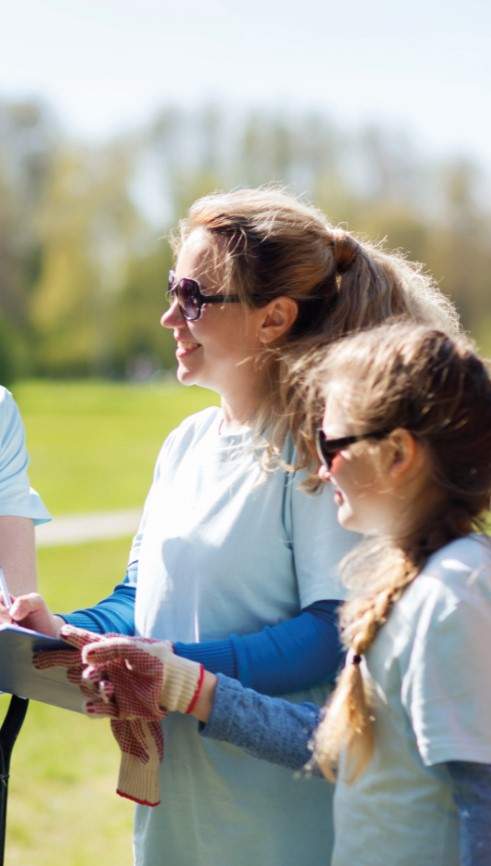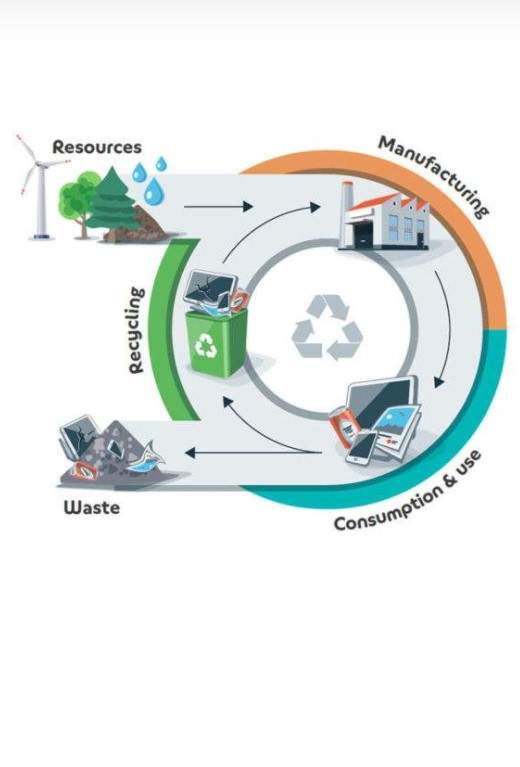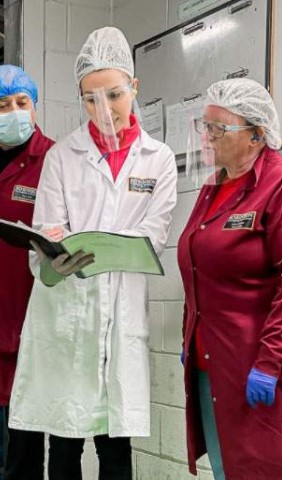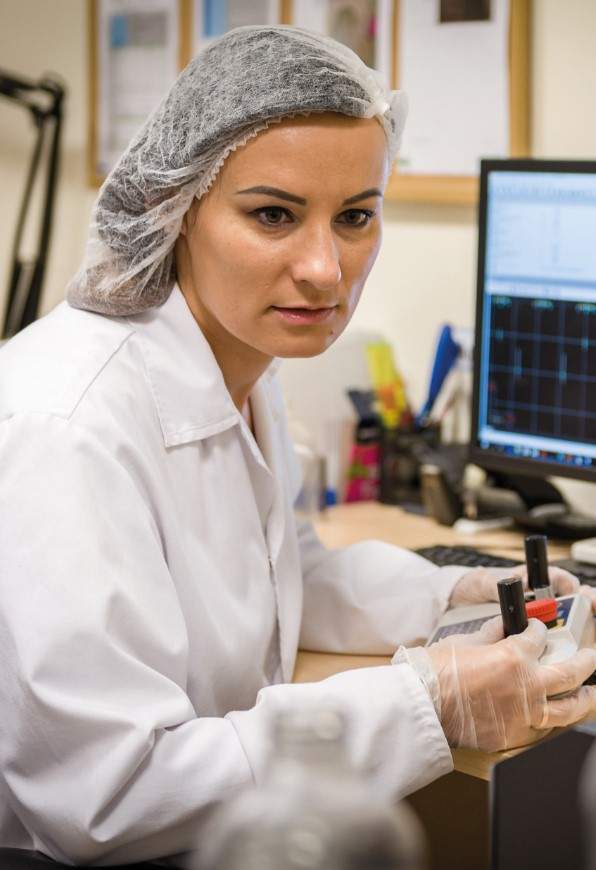
Intelligence
Sustainable products and services
We are a knowledge-based organisation with innovation in technical capabilities and sustainability expertise that differentiates us. Our agility and flexibility are reflected in the speed with which we identify and develop custom products and solutions designed with environmental and social benefits. We will create new supply chains to maximise the use of post-consumer waste for a circular economy, driving collection and recycling of more plastic and paperboard than we put on the market.
Goal:
10% virgin plastic reduction by 2025
We will not use new
The recyclability of plastic is one of its core appeals. However as a business we are on the path to reducing the amount of virgin plastic we use – in other words, we can’t use plastic that hasn’t been used before. In addition, several product categories have been redesigned with weight reductions. We will go further by redesigning and continuing to lightweight products and identifying and investing in alternative materials without compromising functionality.
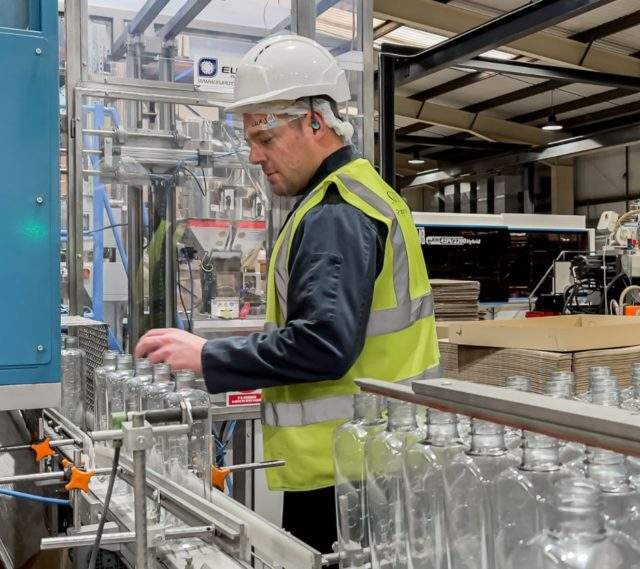
Cleaning up our products
We are redesigning our products to reduce our virgin plastic use. One example is our 1-litre bath and shower gel bottle that we redesigned for a global healthcare brand. The original bottle, made in 2019, contained 25% post-consumer recycled (PCR) PET; by December 2020, we had increased the PCR content to 50% and are working to increase this to 100% in 2021.
By implementing thinner bottle walls, we made the bottle lighter, and added a visual design to the outside in keeping with the brand, to strengthen its structural integrity. The new bottle has been a commercial success during the pandemic, as people have chosen larger capacity containers. As well as the commercial benefits, the bath and shower gel bottle has met our own sustainability targets and those of our customers.
Goal:
Maximum recycled content by 2022
We will close the loop on packaging
By 2022, all of our paperboard will be made from recycled content and at least 30% of our plastic packaging will be too. We will achieve this by applying a life cycle approach and circularity to our design.
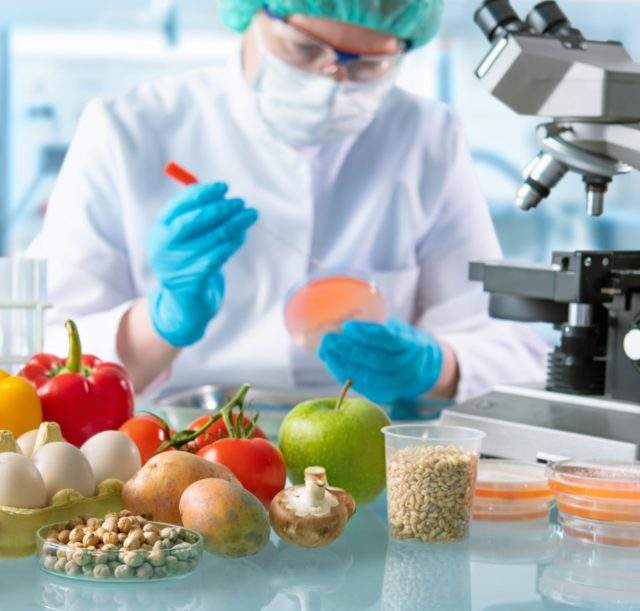
Pioneering food-grade recycled packaging
We have joined forces with the NEXTLOOPP project to deliver a world-first supply chain model to close the loop on food-grade recycled polypropylene (PP).
The project forms a consortium of expert organisations across the PP and food supply chain. As a business, we will only meet our sustainability goals if we make transformational changes and create a clear pathway to a circular model, in which we produce food packaging that includes sustainably sourced, recycled PP derived from mechanically recycled food packaging.
Over the next two years, the project aims to develop and demonstrate innovative sorting technology, prepare protocols, implement the sorting and mechanically reprocess PP as a food-grade raw material in packaging. As a company dependent on PP, we will be involved in trials and tests to ensure the recyclate produced meets the technical specifications and functional needs of packaging products for our customers and their customers.
Goal:
All products fully recyclable by 2022
We will extend the life of plastics and paperboard
We are removing non-recyclable materials from all of our products. We are developing a strategy for each material type and identifying substitutions for those difficult to recycle, as well as transitioning the remaining products that use carbon black to detectable colours.
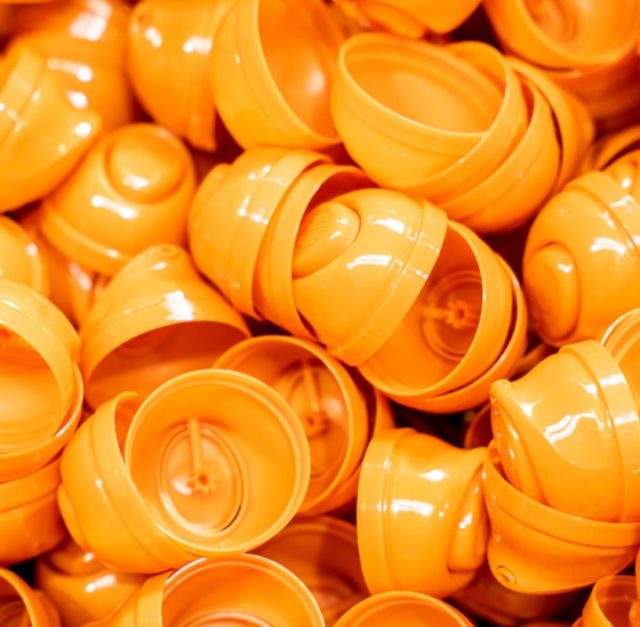
Changing the colour of recycling
Consumers are increasingly aware that a lot of black plastic cannot be recycled. This is due to its carbon black pigment, which cannot be detected by near-infrared sensors currently used in recycling sorting streams – preventing the loop from being fully closed.
At Robinson, we have been working with customers and suppliers to replace the carbon black used in our packaging with detectable colours to help in onward recycling, all without reducing the functionality or performance of the packaging.
Our detectable colours have been and continue to be successfully and independently trialled and tested by recycling experts coordinated by RECOUP. We are currently on track to achieve our commitment to fully remove carbon black from our products by the end of 2021.
